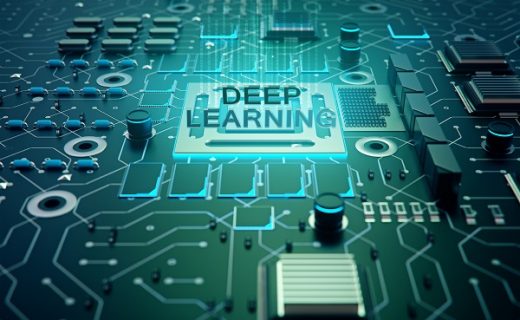When most people hear the term “AI,” images of robots, smart devices, and self-driving cars often come to mind. While these are exciting applications, the origins of AI stretch back decades, with its initial purpose being to automate repetitive tasks, reduce production costs, and reallocate human labor to more complex tasks.
Over the years, artificial intelligence has grown far beyond these origins, transforming industries ranging from healthcare to finance. One of its most fascinating applications today lies in trading strategies.
AI in Financial Markets: A Historical Perspective
The unpredictability of financial markets has always posed challenges for traders and investors. From fluctuating stock prices to volatile cryptocurrencies, predicting market movements has remained a complex puzzle.
In the 1990s, the advent of personal computers and technological enhancements laid the foundation for integrating AI into financial markets. By the 2000s, statistical models with decision-making capabilities were developed, relying heavily on AI to process vast amounts of data.
Today, over 60% of stock market trades exceeding $10 million are executed using algorithms. This figure is expected to grow significantly, with algorithm-driven trades projected to handle $19 billion in volume by 2024. The origins of AI in trading has evolved from being a supplementary tool to a critical component of modern financial strategies.
How AI Enhances Trading
At its core, AI in trading is about analyzing patterns, processing data, and making decisions—all tasks humans traditionally perform. However, AI systems offer two critical advantages over human traders: speed and objectivity.
- Speed: AI systems can process massive amounts of data in seconds, enabling real-time decision-making that would take humans hours to achieve. This speed is particularly advantageous in fast-moving markets like cryptocurrency, where prices change drastically within minutes.
- Objectivity: Human traders are often influenced by emotions such as fear and greed, which can lead to irrational decisions. AI eliminates these emotional biases, ensuring trading decisions are based solely on data and logic.
AI-powered trading systems also bring consistency and discipline to the process. Automated algorithms execute trades based on predefined conditions, removing the risk of human error or hesitation. This level of precision is especially useful for crypto markets, which operate 24/7, allowing traders to sleep soundly while their AI systems monitor and execute trades on their behalf.
Machine Learning: The Engine Behind the Origins of AI in Trading
The real game-changer in AI-driven trading is machine learning—a subset of AI that enables systems to learn from data and improve their decision-making without explicit programming. Firms can develop predictive models that identify patterns and forecast market trends by feeding historical market data into machine learning algorithms.
However, machine learning isn’t without its challenges. The success of these algorithms depends on the quality of the data they’re fed. The system’s predictions will be inaccurate if the input data lacks meaningful relationships or patterns. Despite this limitation, machine learning continues revolutionizing traditional trading practices, from underwriting to portfolio management.
The Future of AI in Trading
Like any innovation, AI in trading has its drawbacks. One notable issue is its reliance on stable internet connections. If an internet outage occurs, trade orders may not be executed, potentially causing significant losses. Additionally, AI systems require constant monitoring to prevent glitches, such as duplicate trade orders, which can result in unnecessary expenses.
Integrating AI into trading strategies marks a significant milestone in the evolution of financial markets. AI has reshaped the way trades are executed by eliminating emotional biases, enhancing speed, and enabling 24/7 market participation. While challenges like system monitoring and data quality remain, the benefits far outweigh the drawbacks, paving the way for even greater innovations in the years to come.
Without the origins of AI, we might never have seen the rise of blockchain technology and digital currencies. As AI continues to evolve, its impact on trading—and the financial world—is only beginning.






Comments are off this post!